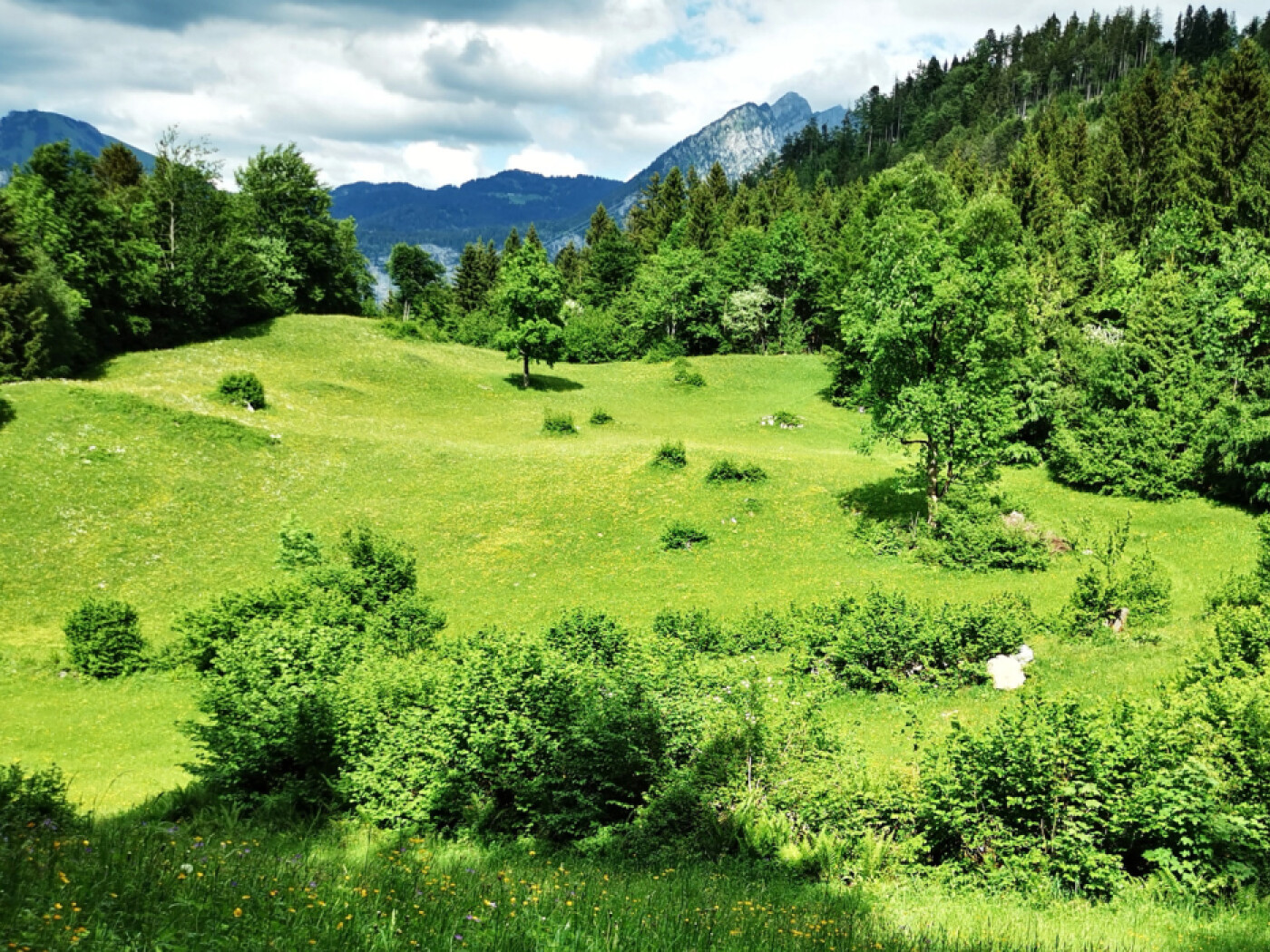
Legal changes coming into force in Switzerland on February 1

Preventive regulation of the wolf population, rules for the import of dog puppies and higher minimum wages in the hospitality industry. On February 1, changes to laws and ordinances as well as other innovations come into force in Switzerland. Here is an overview:
+ Get the most important news from Switzerland in your inbox
HUNTING LAW: The definitive provisions for the regulation of wolves come into force on February 1. The revised Hunting Act and the amended Hunting Ordinance introduce the preventive regulation of the wolf population. In order for the cantons to intervene in the wolf population from September to January before any damage has been done, there must be a risk to livestock and herd protection measures must have been implemented.
+ Read more about the latest Swiss laws
Entire packs can only be shot down if they display undesirable behavior. However, the minimum number of packs per region must not be exceeded. From June to August, the cantons can also reactively regulate wolf packs that are causing damage, i.e. after damage has been caused. The cantons can now also shoot individual wolves that pose a threat to humans.
New regulations also apply to beavers. From February, the cantons will be able to shoot individual beavers if they cause considerable damage or endanger people. For example, if beaver damage causes streams to overflow and flood meadows and buildings.
ANIMAL PROTECTION: From the beginning of February, the commercial import of puppies under the age of 15 weeks is prohibited. This is intended to curb the irresponsible dog trade from abroad. The new regulation is intended to counteract online sponsored purchases, through which such transactions often take place. Animals under 15 weeks of age may only be imported by private owners who collect them themselves from a breeder abroad.
In the livestock sector, the amendment to the Animal Welfare Ordinance prohibits the shortening of lambs’ tails, among other things. A new regulation should also enable the sector to phase out the killing of chicks. From February, amended provisions will also apply to the keeping and handling of laboratory animals in order to improve animal welfare. The obligation to report laboratory animals will be extended.
HORECA INDUSTRY: From February 1, minimum wages in the hospitality industry will be increased by the average annual inflation rate of 1.1 percent. For seasonal contracts, the minimum wage increases will come into force at the start of the summer season. Employees without an apprenticeship will now receive CHF 3706 per month, compared to CHF 3666 previously. For employees with a federal certificate of proficiency, the minimum wage will rise from CHF 4470 to CHF 4519. A professional examination guarantees a minimum wage increase from 5225 to 5282 francs.
FLIGHT OPERATIONS: Swiss will resume flight operations to Tel Aviv from February 1. Until further notice, the flight will be scheduled without overnight accommodation for the crews. From this date, Swiss will fly daily from Zurich to the Israeli metropolis with a short-haul aircraft from the Airbus A320 family, as the airline announced on Thursday. From February, Swiss will also be using Israeli airspace for overflights again, while Lebanon will continue to be bypassed. Swiss had suspended flight operations to Israel for the first time following the terrorist attack on Israel by Islamist Hamas on October 7, 2023. Since then, flights to Ben-Gurion Airport in Tel Aviv have been irregular.
Translated from German by DeepL/ds
This news story has been written and carefully fact-checked by an external editorial team. At SWI swissinfo.ch we select the most relevant news for an international audience and use automatic translation tools such as DeepL to translate it into English. Providing you with automatically translated news gives us the time to write more in-depth articles.
If you want to know more about how we work, have a look here, if you want to learn more about how we use technology, click here, and if you have feedback on this news story please write to english@swissinfo.ch.

In compliance with the JTI standards
More: SWI swissinfo.ch certified by the Journalism Trust Initiative













































You can find an overview of ongoing debates with our journalists here . Please join us!
If you want to start a conversation about a topic raised in this article or want to report factual errors, email us at english@swissinfo.ch.